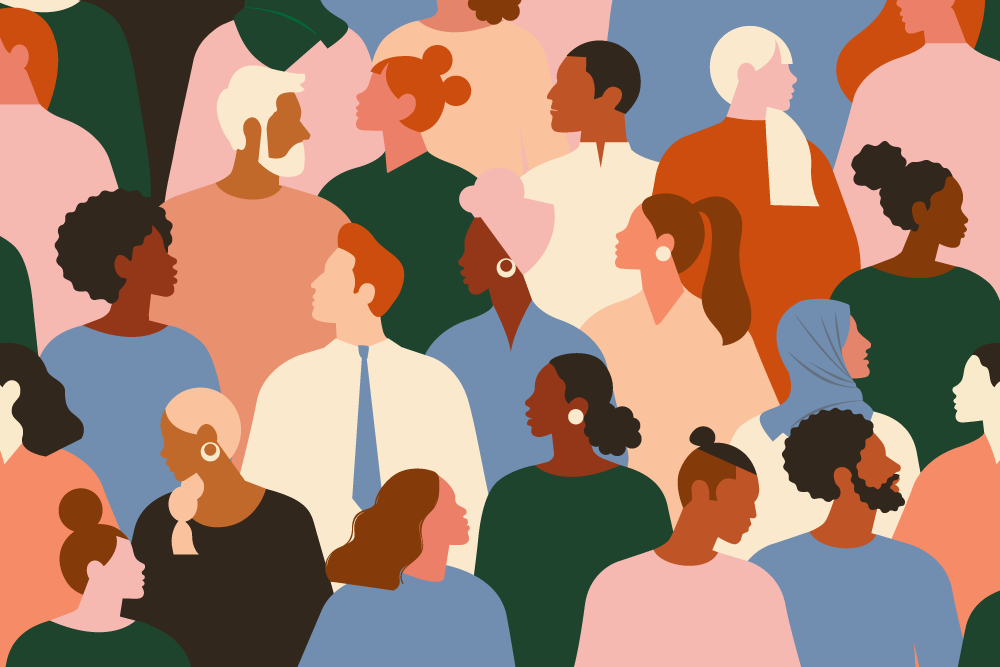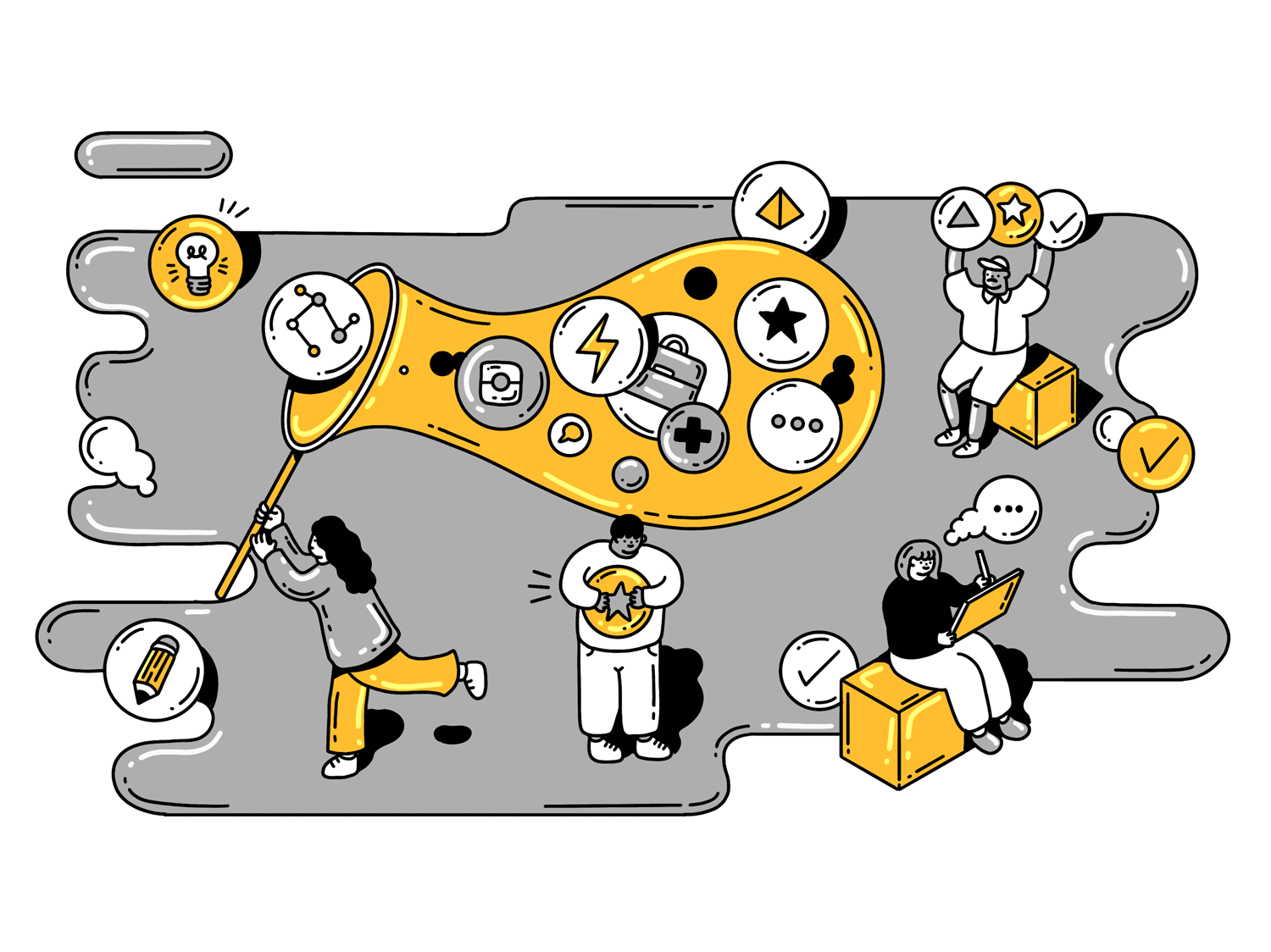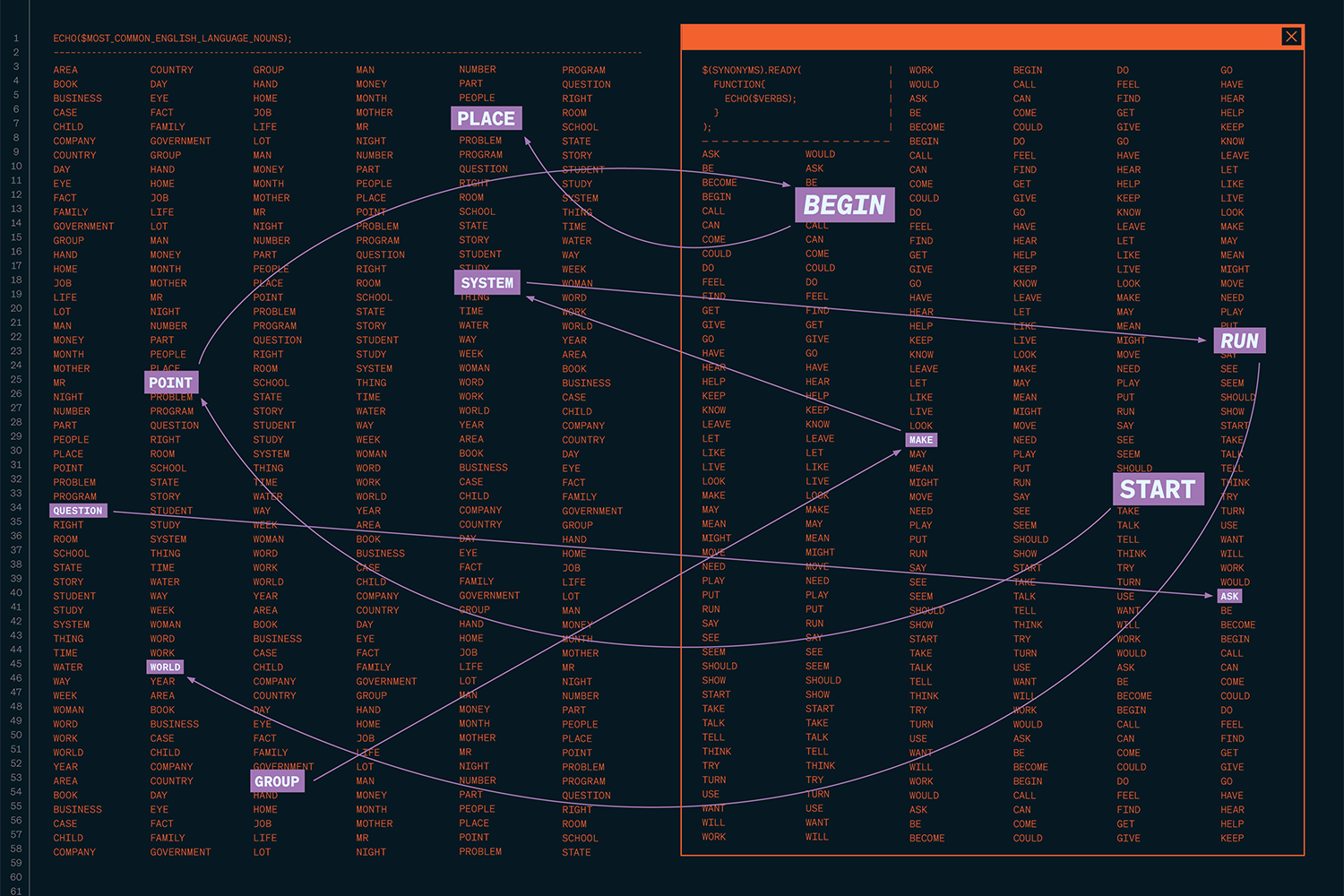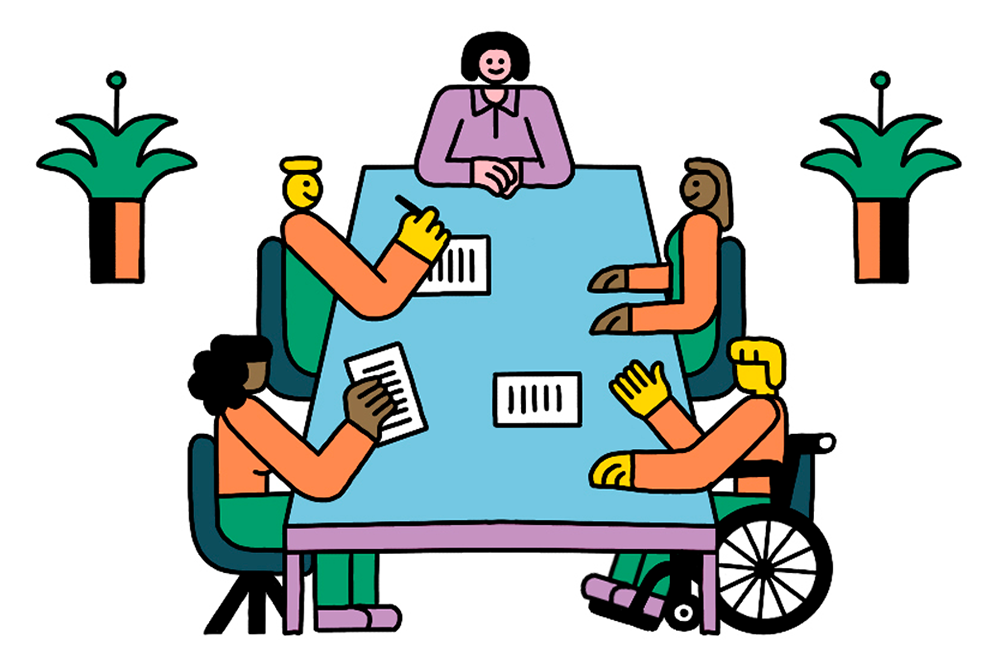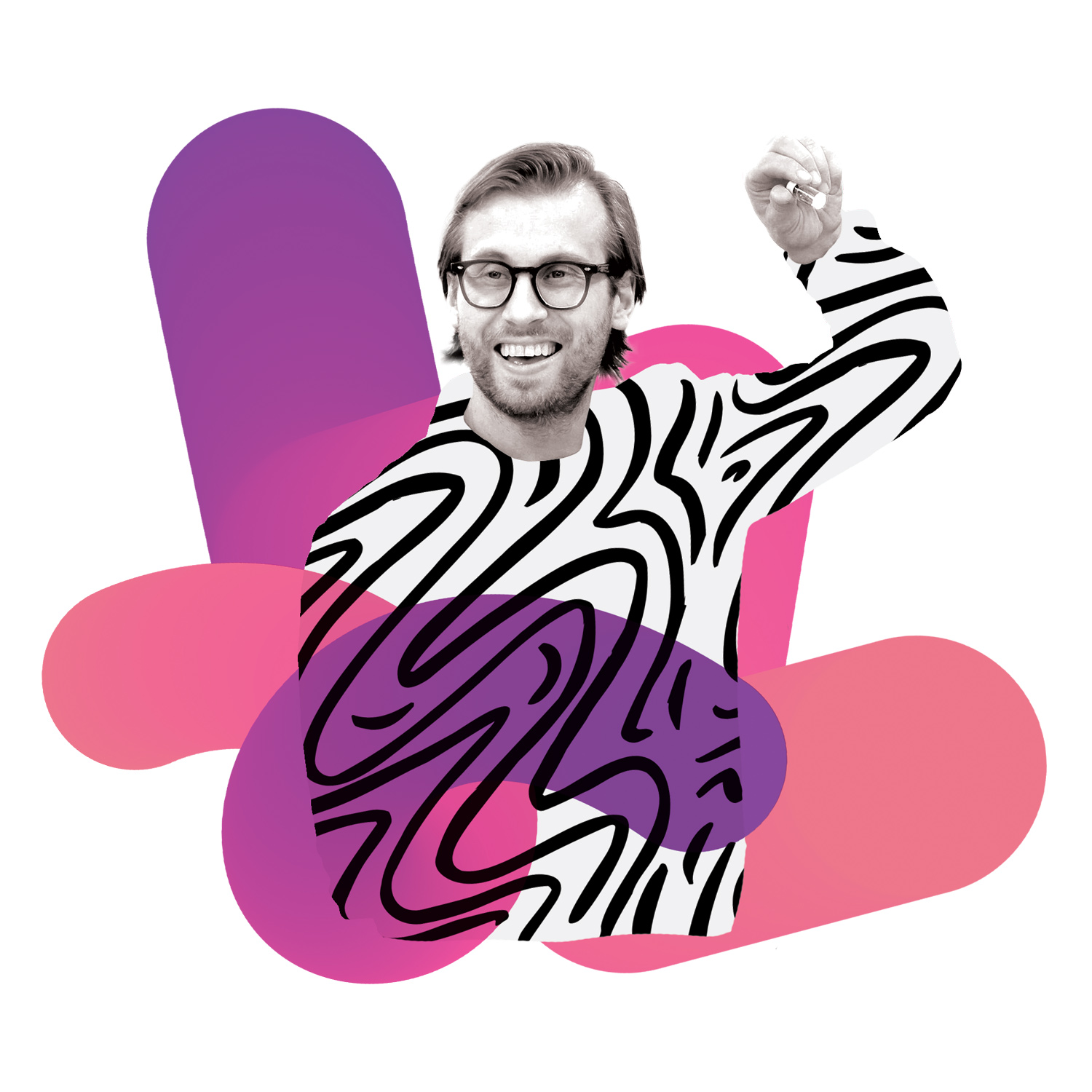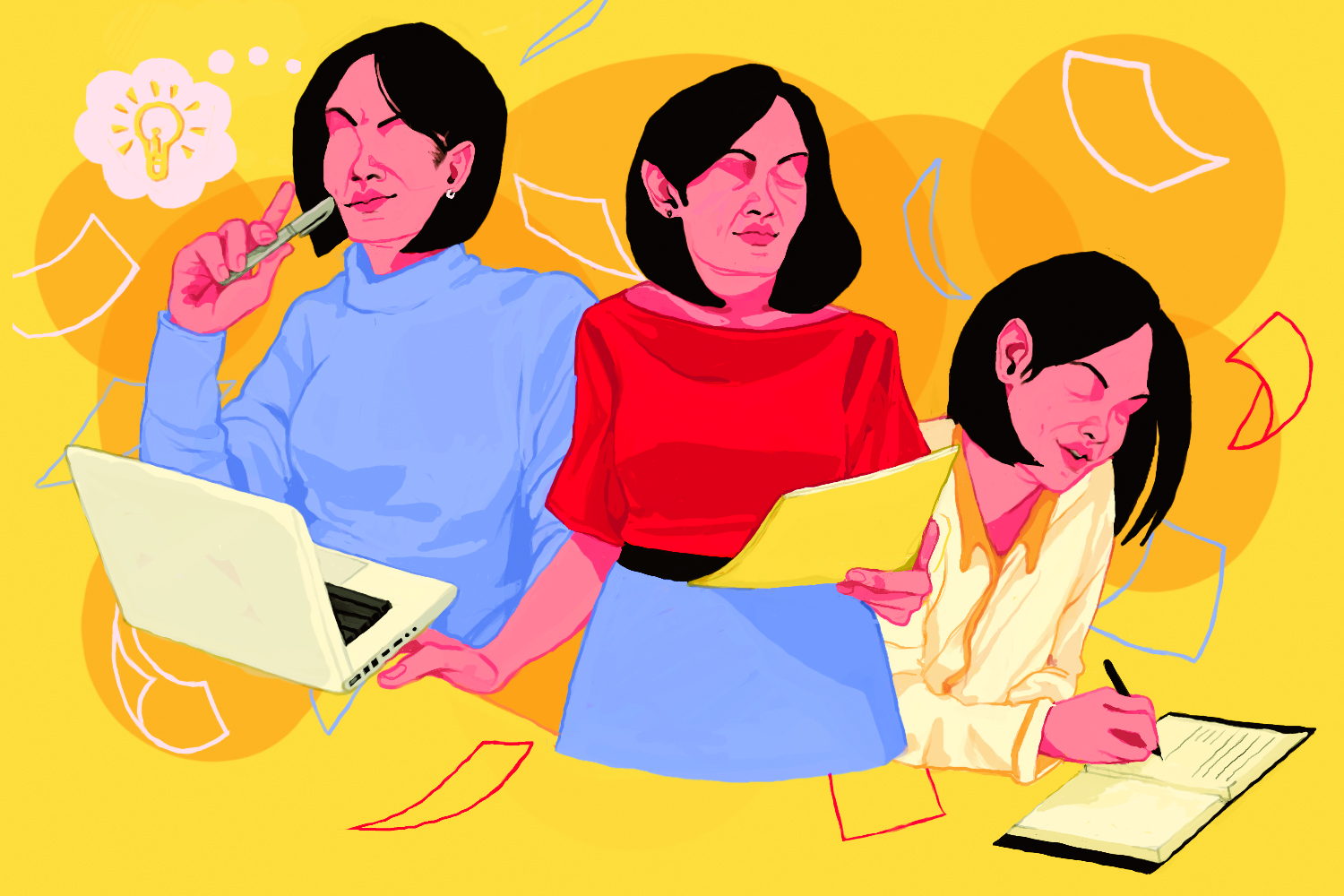Nicole Kaniki Is Changing the Way U of T Does Research

Nicole Kaniki grew up during apartheid in South Africa. As the University of Toronto’s first-ever director of equity, diversity and inclusion in research and innovation, she is keenly focused on racial justice.
I was born and raised in Cape Town and lived through apartheid segregation laws. Back then, there were three official races in South Africa: Black, white and “coloured.” I’m mixed, which made me “coloured.” There were separate cars on the trains; there were even segregated parts of the beaches, and the clean, sandy sections were reserved for white people. I learned quickly that privilege is intimately connected to race. I had more privilege than Black citizens but less than white ones.
Neither of my parents finished high school, but they valued education and instilled that in me. I started high school in the early ’90s, just as apartheid was ending. My parents sent me to a private school that was offering scholarships to kids from lower socio-economic and racialized backgrounds. I joined my high school basketball team, and that changed my life. In my final year, I played in our national tournament, and I hit something like six three-pointers in the second half. There happened to be a college coach from the U.S. there, and that connection led to me getting a basketball scholarship to Lee University in Cleveland, Tenn.
When I moved to the Southern United States at age 21, it kickstarted a period of self-reflection. Suddenly, I was considered African-American. Navigating how to fit into Black culture in the U.S. as an African immigrant further shaped my understanding of the complexities of race. I had to change the way I spoke. I was asked questions like “Do South Africans live in trees?” The biggest culture shock for me was how little people in North America knew about the rest of the world.
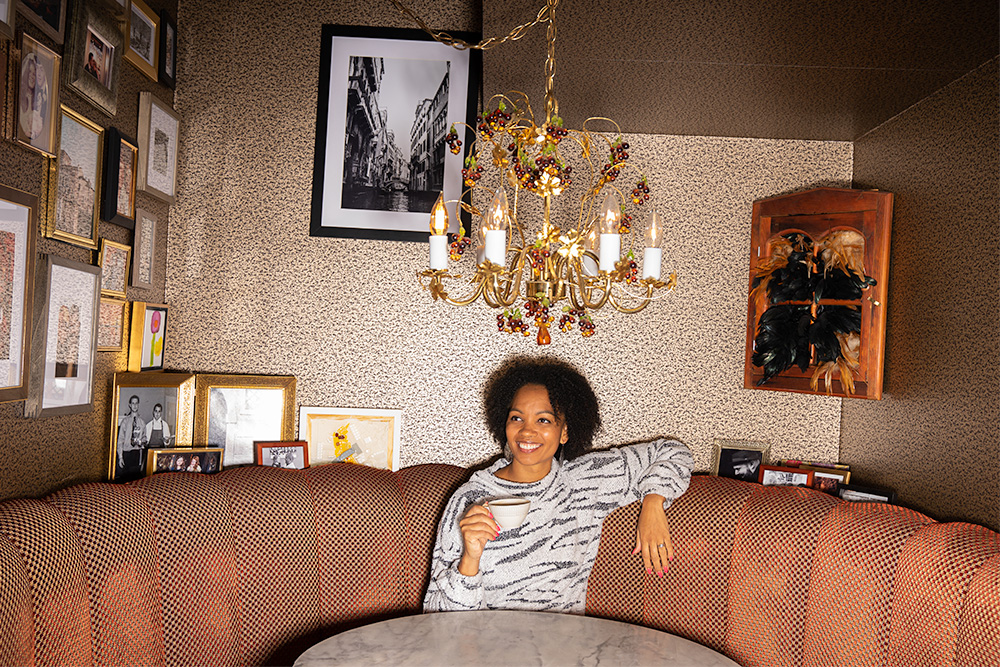
I completed my undergraduate degree in athletic training in 2005. During that time, I married my high school sweetheart, who had moved with me to Tennessee, and after graduation, we had our first son. I started working as an athletic trainer at a nearby college. Shortly after, we attended a wedding in Toronto and fell in love with Canada’s cultural diversity. I knew it was the place I wanted to raise my kids. So three years later, I enrolled at Western University and moved my family to London, Ont. I did my master’s in kinesiology and my Ph.D. in research design and data analysis and then another master’s in women’s studies. I kept getting more degrees because I couldn’t find opportunities for professional development.
I figured if I could prove my worth with education, someone would hire me. But as a Black graduate student, I felt invisible. I had 15 published studies but watched white peers with far less experience get the job placements I had also applied for.
Everything I’ve done in my career since has been informed by my experiences as a Black woman navigating academia. In 2015, after working as a research assistant for three years, I got a job as a research ethics officer at Western, eventually becoming a special adviser on anti-racism to the president of the university. Then, in the summer of 2021, I became the director of equity, diversity and inclusion, or EDI, in research and innovation at the University of Toronto. My role is an inaugural office and one of the only positions of its kind at a Canadian academic institution. Its focus on research is important because research informs evidence and evidence drives social policy. If the research environment is not equitable, it perpetuates inequality widely.
In the fall, we launched three collaborative platforms: the Black Research Network, which empowers and builds on research done by Black scholars and for Black communities; the Indigenous Research Network, which bolsters Indigenous research and scholars in academia; and the Black Founders Network, which connects Black entrepreneurs to industry partners and investors. The goal of all three is to decolonize our practices by embedding the expertise of under-represented groups into our research and innovation.
I’ve always let my passion and the potential to effect change guide my career. I pivoted from sports medicine to research administration to EDI without blinking because that’s where opportunities showed up. I love my job and the people I get to work with. As for what comes next: Tomorrow will take care of itself.
